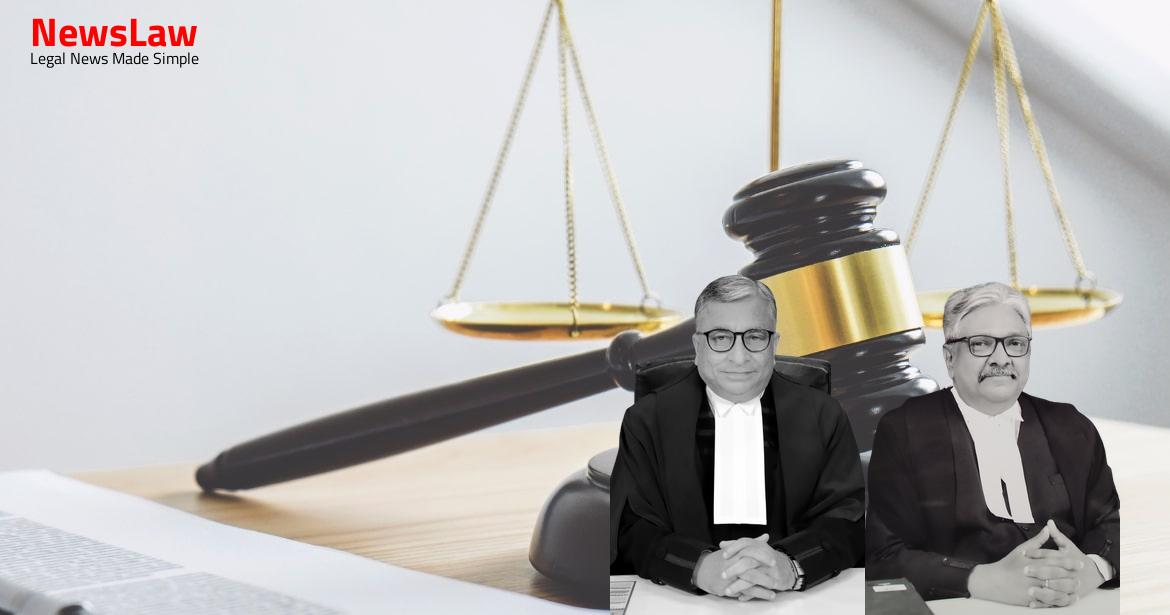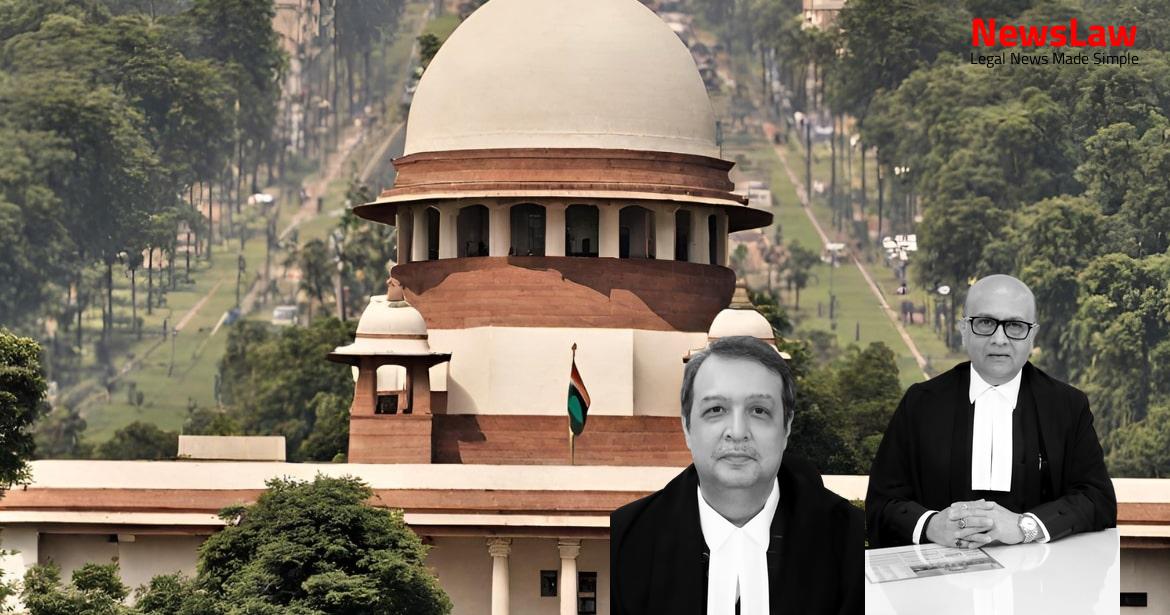Explore the intricacies of the legal battle between R.K. Munshi, the appellant, and the Union Territory of Jammu & Kashmir, the respondent, regarding the entitlement to House Rent Allowance (HRA). Delve into the court’s examination of rules and regulations governing HRA eligibility, the appellant’s occupancy of government accommodation allotted to his retired father, and the consequential recovery notice issued. This blog offers a comprehensive analysis of the judgment’s implications and sheds light on the significance of adherence to governmental regulations in similar disputes.
Facts
- Appellant was working as an Inspector(Telecom) in Jammu and Kashmir Police, 4 Battalion.
- He was issued a recovery notice under Rule 6(h) of The Jammu and Kashmir Civil Services (House Rent Allowance and City Compensation Allowance) Rules, 1992 due to a complaint of availing Government accommodation while drawing HRA.
- Appellant failed to prove that the quarter in question was not under his occupation/possession.
- Recovery notice was challenged in writ Court and Letters Patent Appeal unsuccessfully.
- Appellant’s counsel argued that the quarter was allotted in the name of his father, a Retd. Deputy Superintendent of Police, and he occasionally shared the accommodation.
- Appellant was asked to deposit Rs.3,96,814/- as unauthorized HRA drawn.
- Director Police, Telecom communicated about recovery of outstanding rentals due to unauthorized HRA drawals by the appellant.
- The High Court’s dismissal of the writ petition and appeal did not consider all relevant clauses of Rule 6(h) of Rules of 1992.
- The court only focused on one part of the rule, while overlooking the part that was in favor of the appellant.
- This appeal challenges the judgment dated 27 September, 2021, where the Division Bench rejected the Letters Patent Appeal and upheld the order of the Single Judge in SWP No 3440 of 2014.
Also Read: Anwarkhan vs. State of Gujarat: NDPS Act Compliance Case
Arguments
- The appellant enjoyed residence in the Government quarter allotted to his father as per Rule 6(h)(i) and (ii).
- The recovery notice could not have been sustained if Rule 6(h)(iv) was considered.
- The appellant’s counsel implored the Court to set aside the impugned orders and the recovery notice.
- The State’s counsel vehemently opposed the appellant’s submissions, stating that the appellant cannot be charged HRA due to occasional shared residence.
- The respondent submitted that the impugned recovery notice is justified in the eyes of the law.
Also Read: A Case of Culpable Homicide: The Appeal of Kariman vs. State of Chhattisgarh
Analysis
- The appellant’s father, a retired Deputy Superintendent of Police and a displaced Kashmiri pandit, was allotted quarter No 6-A.
- Rule 6(h) of Rules of 1992 outlines conditions for House Rent Allowance, including restrictions on entitlement if sharing accommodation or residing in government-allotted quarters.
- Under Rule 6(h), a government employee is not entitled to House Rent Allowance if residing in accommodation allotted to parents, son, or daughter by the government.
- The rule also restricts entitlement if the employee’s spouse has been allotted accommodation at the same station, regardless of whether they reside together or separately.
- In cases where multiple family members who are government employees share accommodation allotted to another government servant, House Rent Allowance is admissible to only one of them as chosen.
- The appellant’s father retired in 1993 and is not entitled to claim HRA post-retirement.
- Quarter No.6-A was allotted to the appellant’s father as a displaced Kashmiri pandit and retired government servant.
- Being retired, the appellant’s father is not entitled to receive HRA.
- The court has considered the submissions made and reviewed the available record.
- The appellant, being a Government employee, was not entitled to claim HRA while sharing rent-free accommodation allotted to his father, a retired Government servant.
- Rule 6(h)(iv) cited by the appellant does not apply to the current situation.
- Rule 6(h)(i) and 6(h)(ii) cited by the High Court in rejecting the challenge to the recovery notice cover the controversy.
Decision
- The appeal is dismissed as devoid of force.
- No order as to costs is issued.
- Any pending application(s) are disposed of.
Case Title: R.K. MUNSHI Vs. UNION TERRITORY OF JAMMU AND KASHMIR (2024 INSC 365)
Case Number: C.A. No.-005912-005912 – 2024



